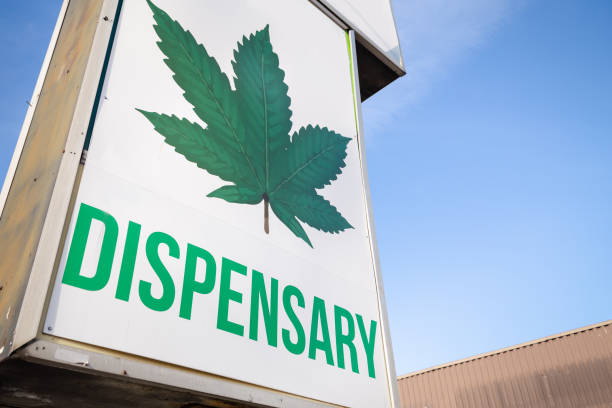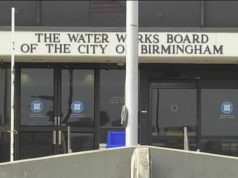By Ryan Michaels
The Birmingham Times
The Birmingham City Council on Tuesday passed an ordinance that paves the way for the operation of medical cannabis dispensaries.
The ordinance passed in a 7-0 vote, with Councilor Hunter Williams abstaining and Councilor Valerie Abbott absent.
The vote comes five months after Alabama Governor Kay Ivey signed into law a bill allowing creation of a state-wide medical marijuana program and leaving it up to municipalities to allow for the cannabis dispensaries and businesses within their jurisdictions.
Tuesday’s vote allows for individuals in the state to apply for either an integrated facility license, which would enable a business to grow, process and dispense, or a license exclusively for dispensing, said Julie Barnard, assistant city attorney.
Mayor Randall Woodfin thanked the council for working with him “to take the first step of authorizing medical marijuana dispensaries in the City of Birmingham. This provides an opportunity to enhance health care and needed alternative treatments for the people of Birmingham and the state,” he said.
It’s important that the city communicates that the potential cannabis dispensaries would be serving medical purposes, Woodfin said.
“If you don’t have an actual prescription or medical card, you can’t purchase anything out of [these dispensaries],” Woodfin said.
Councilor Carol Clarke this has nothing to do with smokeable forms or even edible forms of marijuana. “They are just not allowed in the state, by the law,” she said.
Barnard agreed. “It is not intended for recreational use,” she said.
Council President Wardine Alexander said it’s important for Birmingham to “take the lead” on medical marijuana in the state, since it is a health care center for the region. The cannabis could help many people suffering with chronic conditions, she added.
“We found that this medical cannabis can improve the quality of life for people that have certain chronic diseases, and a lot of that is minimizing pain and how they’re able to cope with certain situations,” Alexander told The Birmingham Times.
Council President Pro Tem Crystal Smitherman said the care provided by medical marijuana will be beneficial for residents.
“We are the health care hub of really the Southeast, and definitely in the state and so I [am] looking at this as a way to improve people’s health care, especially when it comes to chronic pain, nausea and vomiting,” Smitherman told The Birmingham Times.
Williams, who didn’t vote yes, said some residents in the Huffman neighborhood, which he represents, fought hard against opening a cannabidiol (CBD) store and asked about the amount of control the city will have over the location of any potential dispensaries.
If the residents of Huffman don’t want a dispensary in the neighborhood, Woodfin said, “there are a minimum of 98 other neighborhoods that may be open to this.” The mayor also pointed out that medical marijuana dispensaries are not the same as CBD stores, which sell recreational products and are accessible to everyone.
“This is not the same. It’s not even analogous. It’s not even in the same ballpark,” Woodfin said.
Councilor Darrell O’Quinn agreed with the mayor. “This is about health care and access to medicine,” he said.
“The more appropriate [way] to think about [this is] in the context of pharmaceuticals and Big Pharma and distribution of medications and not the other, less savory aspects of marijuana,” O’Quinn said.
The licensing process now moves to the state’s medical marijuana commission while the city will work over the coming months to address any matters related to the zoning and operation of licensed dispensaries in Birmingham, Woodfin said.
Alabama residents can request an application for a cannabis license through Oct. 17. More information can be found at https://amcc.alabama.gov/cannabis-business-applicants/.





